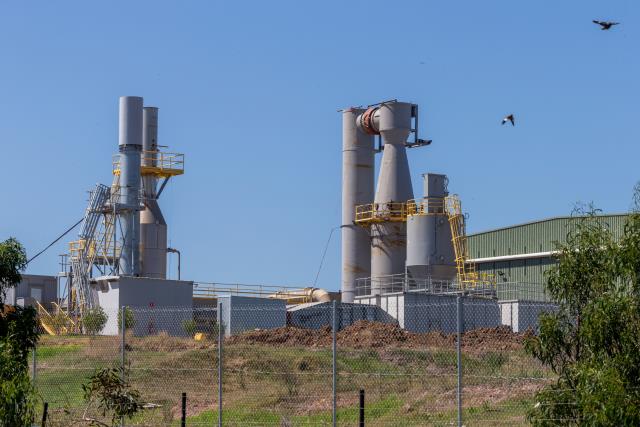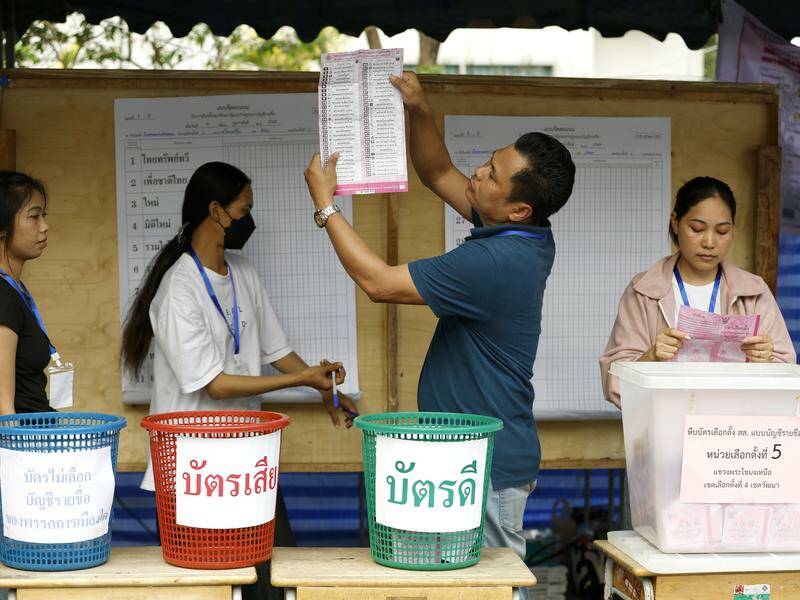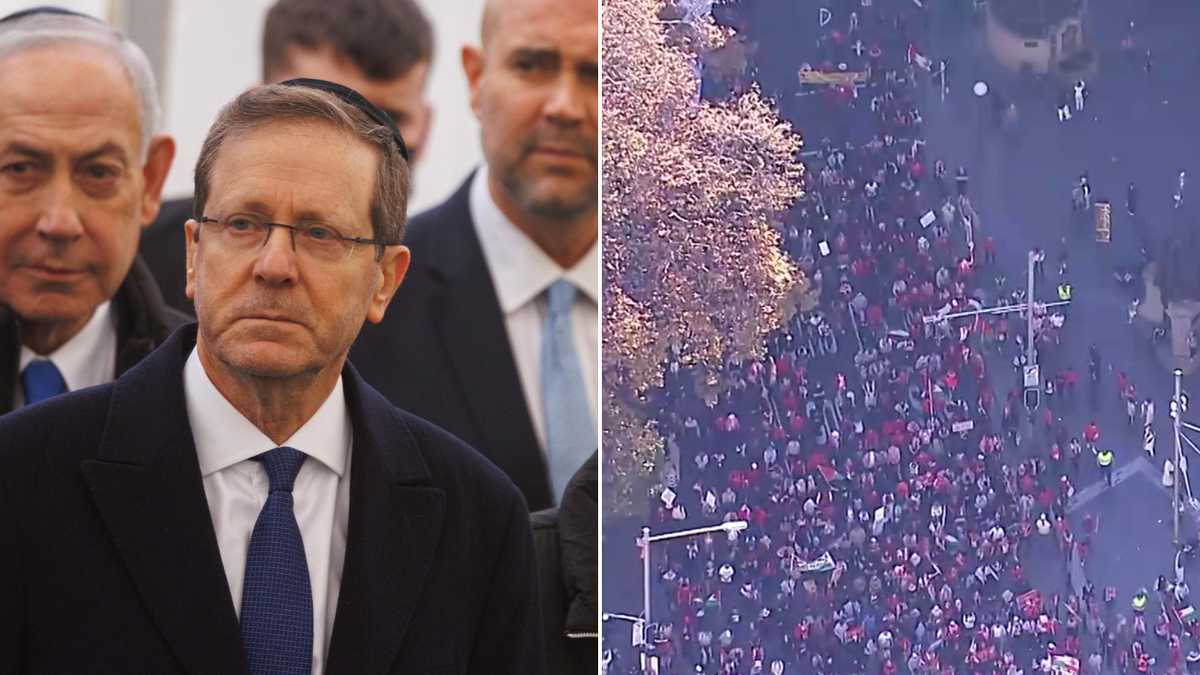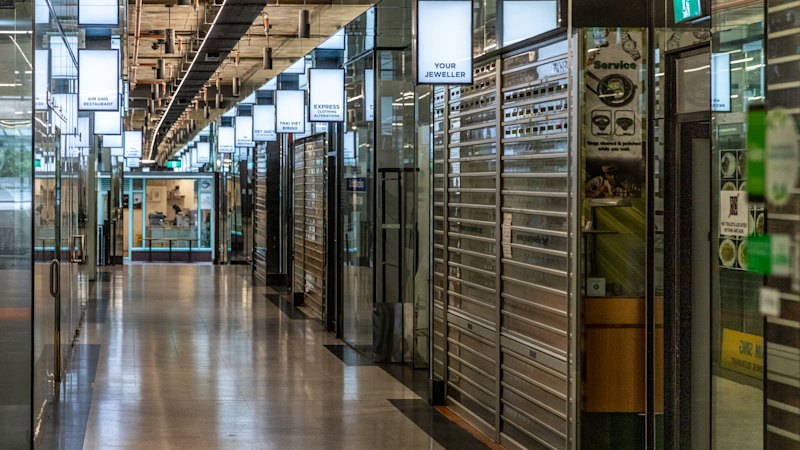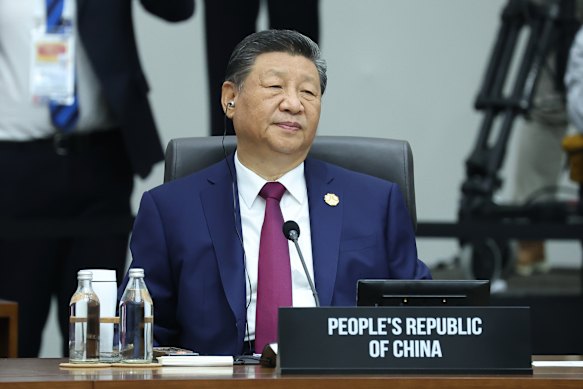
During a whirlwind diplomatic tour in Asia, Australian Prime Minister Anthony Albanese engaged with key global leaders, including a notable encounter with Chinese President Xi Jinping. The meetings took place amidst the backdrop of the Asia-Pacific Economic Cooperation (APEC) summit held in Gyeongju, South Korea, where Albanese faced numerous geopolitical challenges but managed to navigate them with diplomacy.
On the first day of the APEC leaders’ dialogue, Albanese mingled with various world leaders, participating in photo opportunities that highlighted Australia’s soft power. His interaction with Xi was particularly significant, characterized as a “short, informal discussion.” While the substance of their conversation remains private, it served as a valuable moment for Albanese’s public image, especially on social media platforms.
Key Conversations and Diplomatic Nuances
It remains unclear whether Albanese addressed specific issues such as the recent meeting between Xi and former U.S. President Donald Trump, where the two leaders agreed to ease trade tensions temporarily. Observers speculate that Albanese may have reiterated his concerns regarding Chinese military activities in the South China Sea, a topic he previously raised with Xi’s deputy during a summit in Malaysia.
When asked about the details of his discussions with Xi, Albanese maintained a diplomatic stance, stating, “At the risk of repeating myself, I don’t go out of private discussions and come in here and discuss them because that way you won’t have diplomatic advancement.” This approach underscores the delicate balance leaders must maintain in international relations.
The APEC summit is often criticized for its ability to deliver concrete outcomes. Still, the soft power dynamics at play during such gatherings are not to be underestimated. Engaging with global leaders in informal settings can yield significant diplomatic benefits in the long term.
Trump’s Absence and Rising Tensions
With Trump absent from the APEC summit, Xi took center stage, further solidifying his position as a leading figure in the region. The absence of the former U.S. president raised questions about the future of U.S.-China relations, especially as Trump recently announced on Truth Social that he had ordered the Pentagon to initiate testing of nuclear weapons, a move that has drawn international attention.
As Albanese navigates these complex diplomatic waters, the implications for Australia’s foreign policy remain significant. His ability to engage with leaders like Xi, while addressing pressing issues, will be crucial for Australia’s strategic interests in the Asia-Pacific region. The outcomes of these meetings, while often not immediately visible, could shape future relations and trade agreements.
As the summit progresses, the actions and negotiations taking place in Gyeongju will likely resonate beyond the immediate discussions, influencing the geopolitical landscape for years to come.



